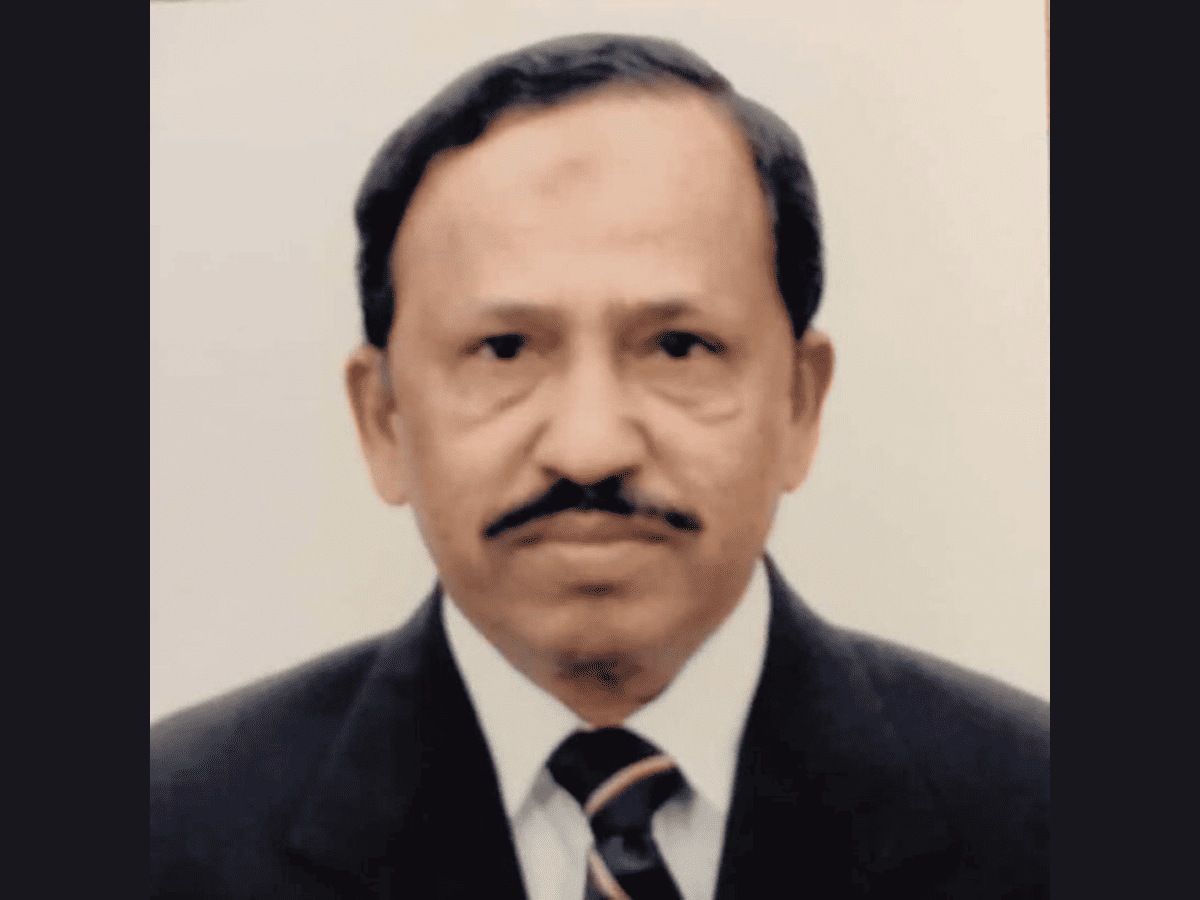
Hyderabad: Minorities played a pivotal role in the Congress’ victory in Karnataka, and following the election results, the minority community is optimistic that the newly-formed government will take substantial measures for the economic and educational development of Muslims. Retired IPS officer U Nisar Ahmed from Karnataka has urged the new government to devise short-term and long-term development plans to instill confidence among Muslims. Ahmed emphasized the importance of granting Muslims their rights and ensuring justice, rather than mere appeasement.
Nisar Ahmed provided several suggestions to the new Congress government for the comprehensive progress of the Muslim community. He highlighted the support extended by Muslims to the Congress party, which resulted in the victory of a secular political entity. The Congress, in its election manifesto, had promised justice for all sections of society.
Ahmed urged the new government to rectify the erroneous decisions made by the previous administration as a priority. Specifically, he demanded the restoration of the 4% reservation previously granted to Muslims under Category 2B, as well as the lifting of the ban on wearing the hijab in educational institutions. Ahmed also proposed necessary amendments to the National Education Policy and called for the reinstatement of schemes and programs for minority welfare, along with intervention to safeguard individuals arrested on discriminatory grounds.
Expressing dissatisfaction with the appointment of political figures as chairpersons and members of various minority institutions, boards, and commissions, Ahmed recommended the nomination of experienced professionals and retired IAS and IPS officers for key positions. He stressed that the expertise of these individuals would greatly benefit the Muslim community.
Furthermore, Nisar Ahmed emphasized the importance of Muslim representation in key institutions such as the Human Rights Commission, the State Information Commission, and the Public Service Commission. He advised Muslims to expedite the issuance of caste certificates and warned against any deliberate delays caused by officials. Ahmed expressed concern over the delay in issuing OBC certificates to Muslims, which has led to the failure of appointments in central government vacancies. He urged authorities to identify deserving candidates promptly and provide them with the necessary certificates.
Addressing the issue of waqf properties being destroyed, Ahmed suggested that the revenue department should register the ownership of these properties in the name of the waqf board. He called for collaborative efforts between the police, revenue department, and waqf board to eradicate illegal occupation of waqf properties. In terms of educational and social development, Ahmed proposed the allocation of government lands to Muslim institutions and the utilization of Hajj Bhawan for coaching Muslim youth in competitive exams.
Regarding appointments in government departments, Ahmed recommended that honest and proactive officials from minority and backward classes be appointed to significant positions, particularly in the police and revenue departments.
He advocated for prioritizing Muslims in the selection of presidents and members for various corporations and boards. Ahmed highlighted specific government agencies such as the State Housing Board, Slum Development Board, Bangalore Development Authority, Industrial Infrastructure Development Corporation, State Trading Corporation, State Finance Corporation, Food and Civil Supplies Corporation, Forest Corporation, and Pollution Control Board.



